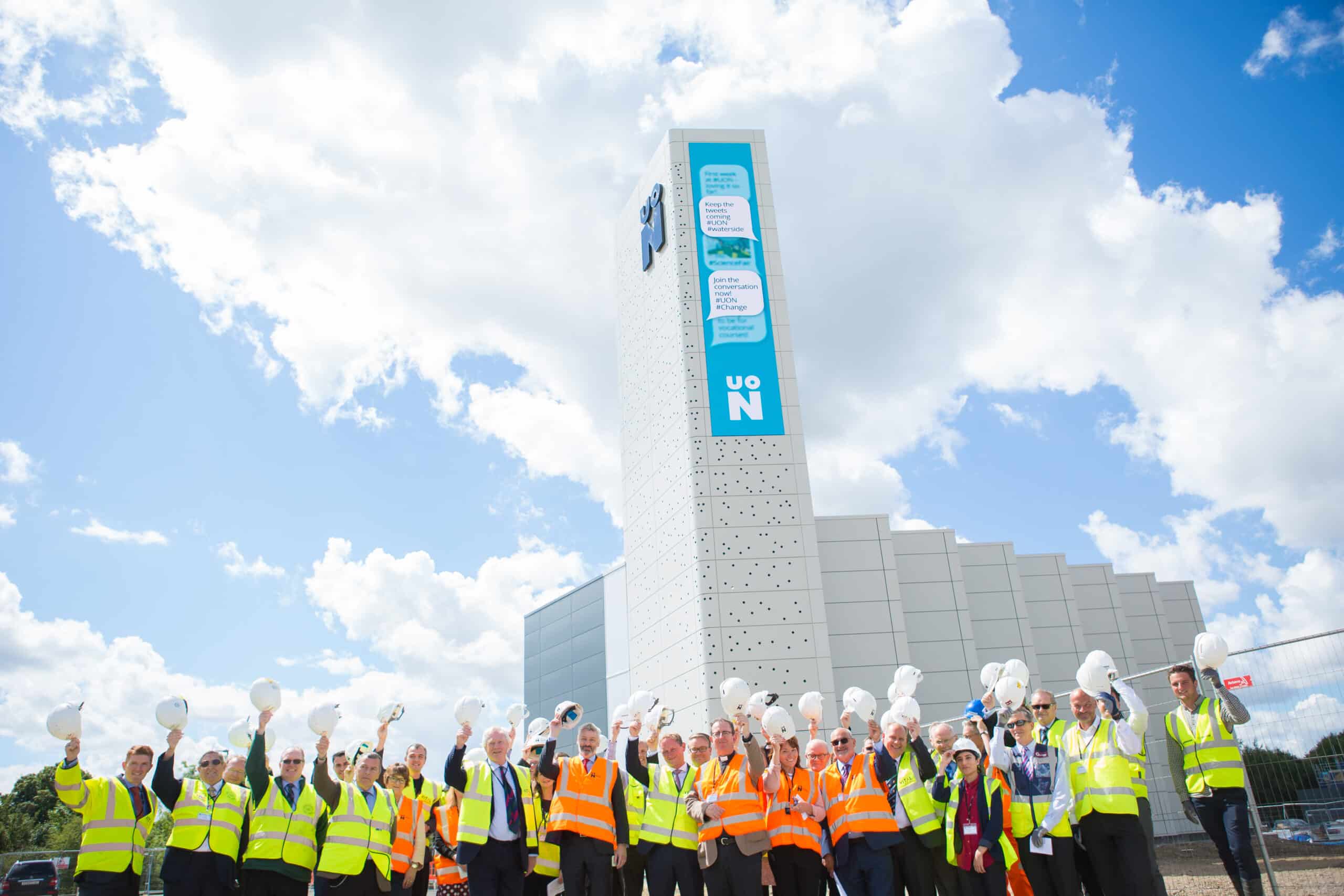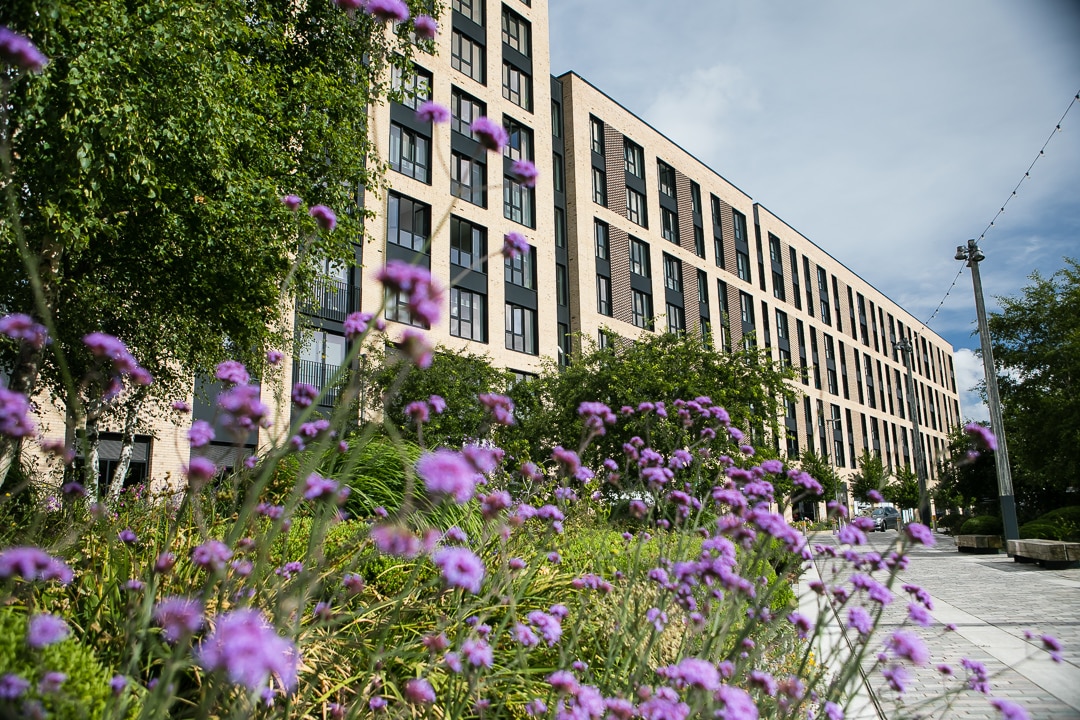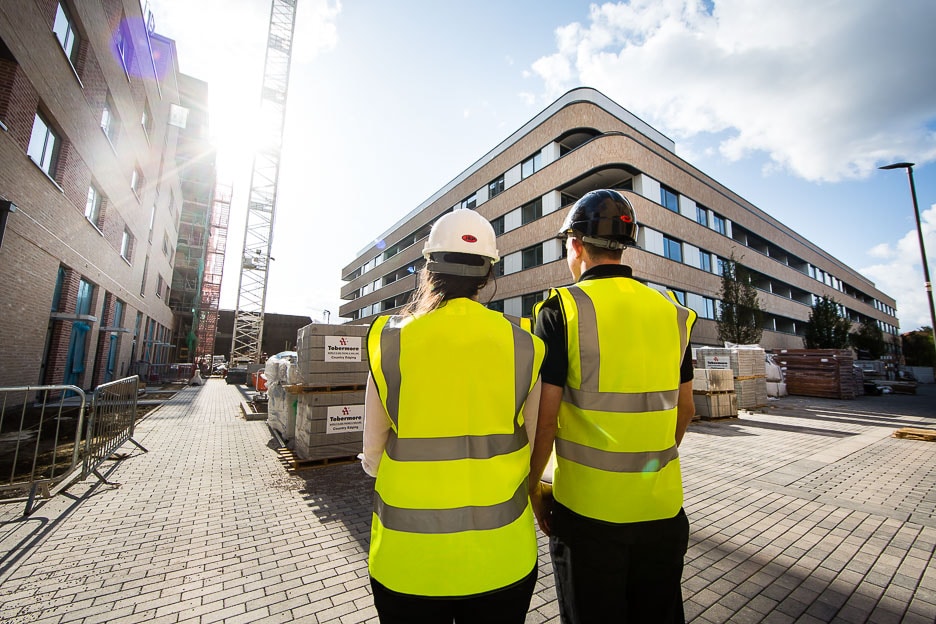The Heat Networks Industry Council
The Heat Networks Industry Council (HeatNIC) is a joint industry and Government forum that exists to grow the low-carbon heat network sector and help deliver long-term transformation of the UK energy system. Low-carbon heat networks are one of the most cost-effective ways of providing secure, reliable and affordable heat to consumers whilst enabling us to meet our net-zero targets.

What are
heat networks?
Heat networks distribute heat or cooling from centralised sources to a variety of different customers, such as public buildings, shops, offices, hospitals, universities and homes. Whether they are supplying a few neighbouring buildings or entire cities, these highly efficient systems remove the need for individual boilers or heaters in each building connected.
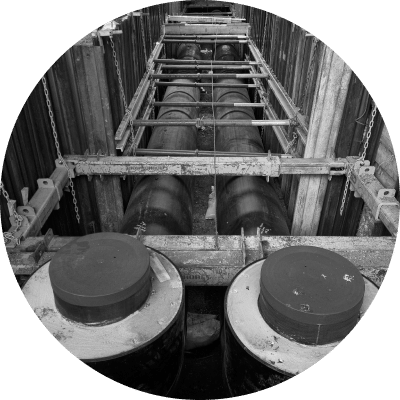
Case Studies
Read about how some of the UK’s heat networks are helping to decarbonise towns, cities and homes.
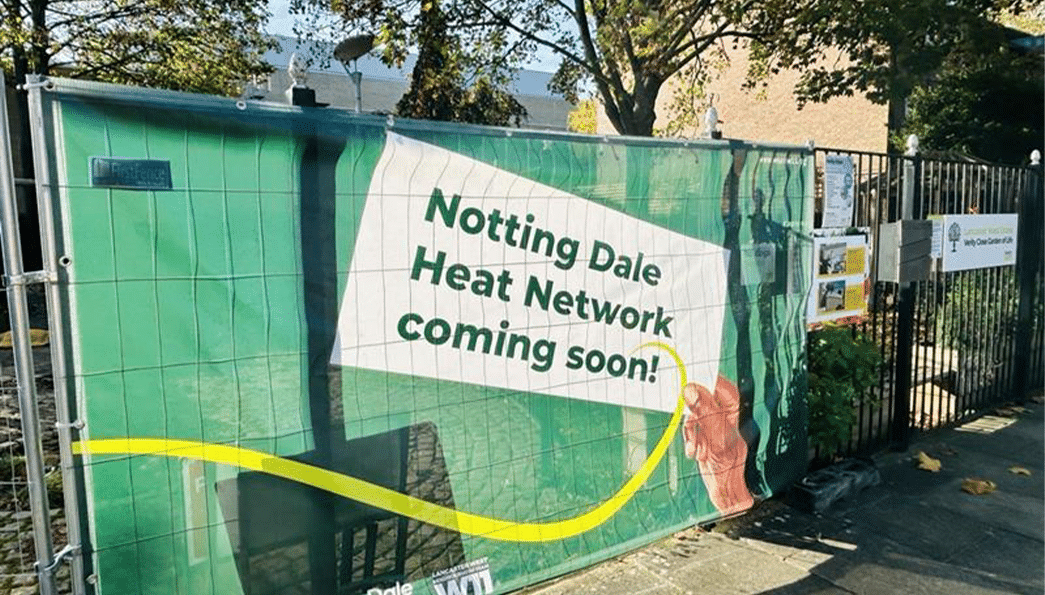
Vital Energi helping to transform Lancaster West into a carbon-neutral neighbourhood
Vital Energi has been awarded the design and…
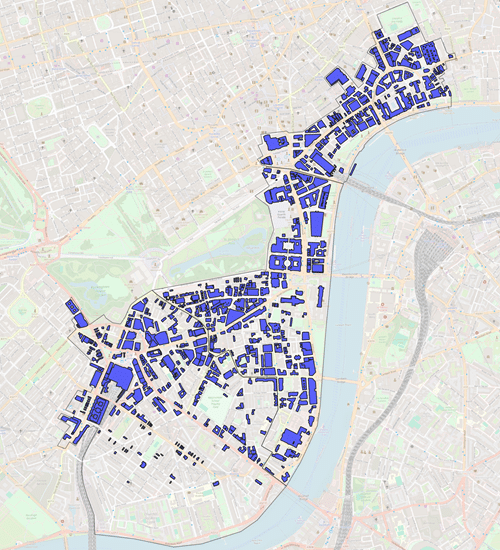
£1bn low carbon heating infrastructure project unveiled in Westminster
Iconic London buildings in the heart of the…
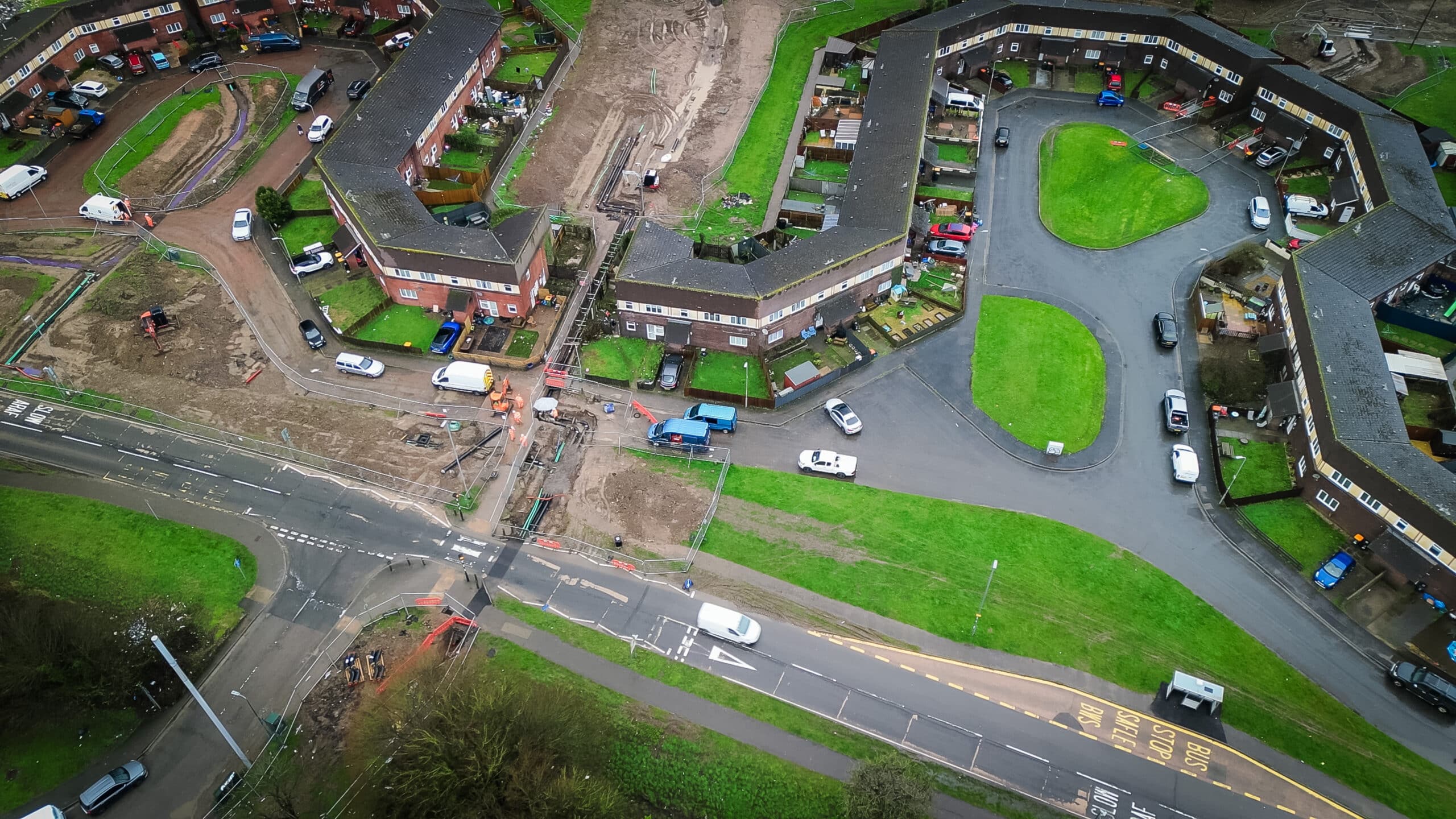
The Duffryn Heat Network – Vital Energi
The Duffryn Heat Network has been providing warmth…
About the Hub
The Hub gathers together key information relating to the Government’s Heat Network Transformation Programme (HNTP), its policy and range of supporting initiatives and funds that are supporting the development of new heat networks and improvements to existing ones.
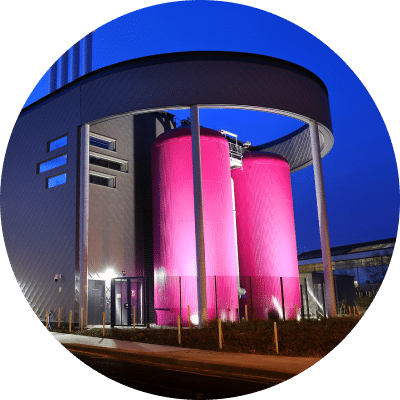
In the News
Below, you’ll find the latest news, developments and updates from the Heat Networks Industry Council and its supporting partners.
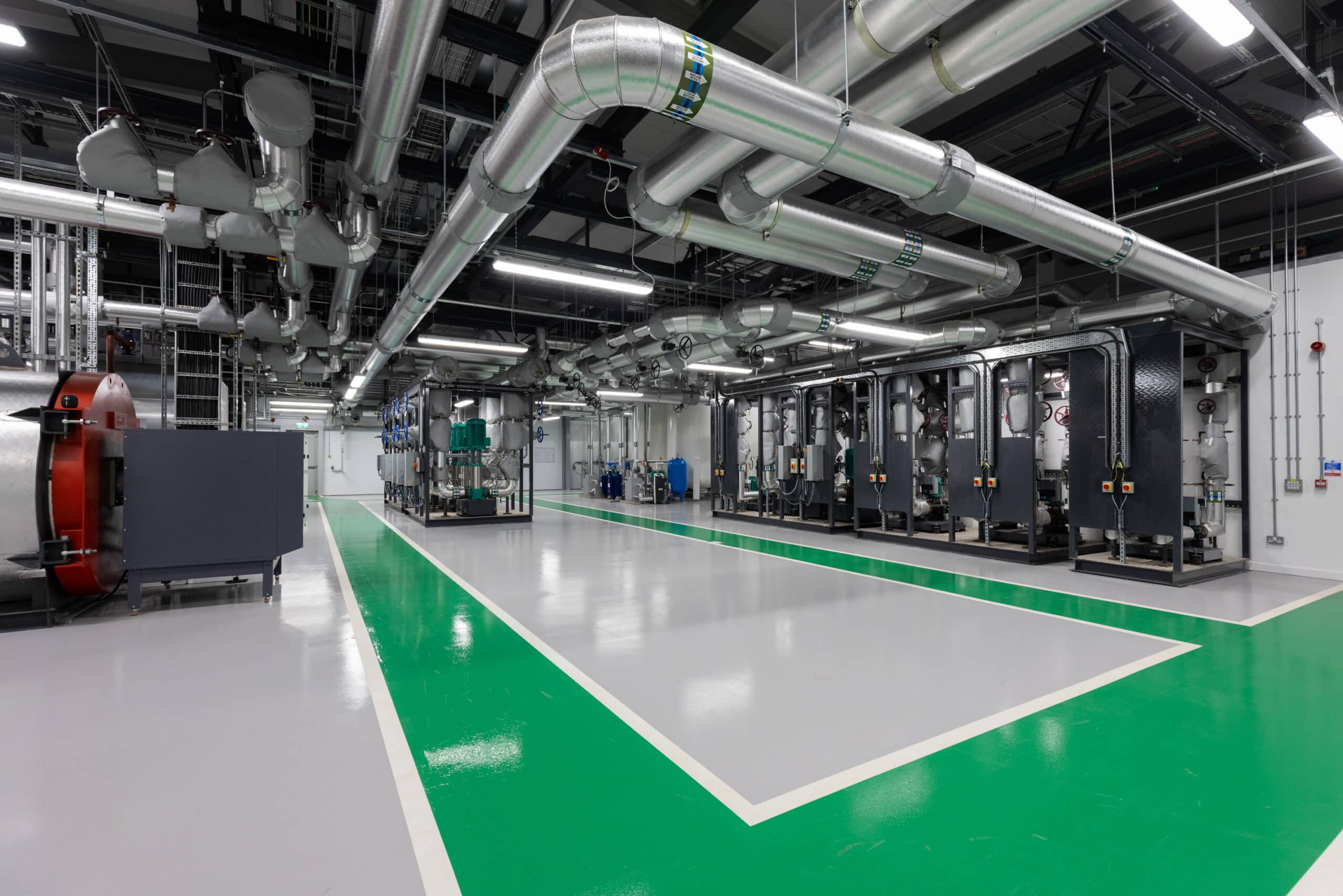
Vattenfall opens MEL energy centre with partner Midlothian Council
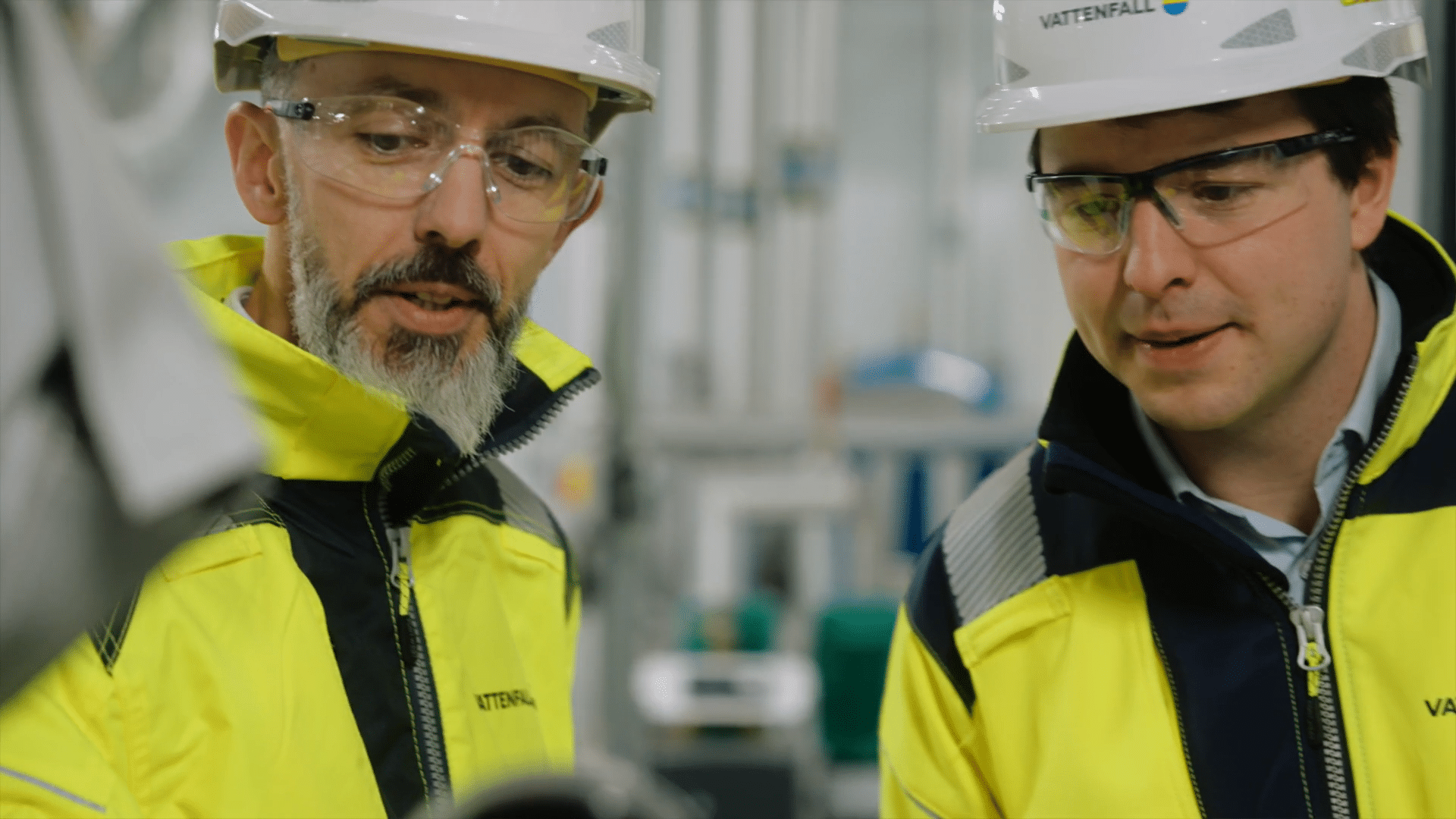
Midlothian Energy Limited (MEL): local energy, locally generated and delivered to local people
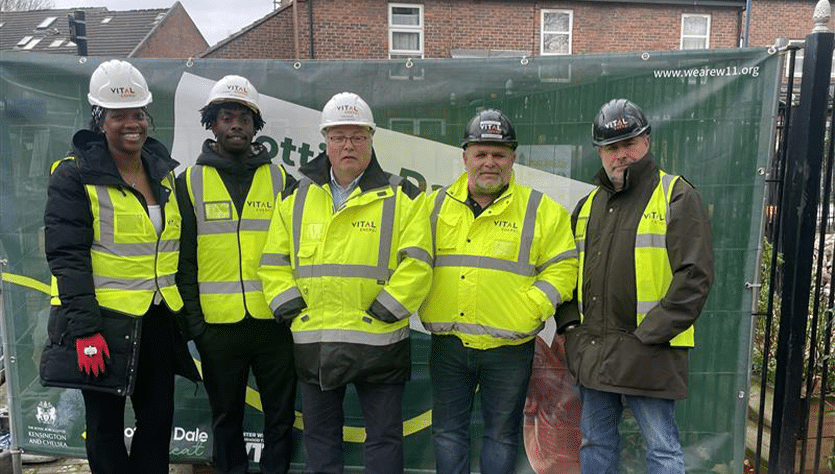
Vital Energi helping to transform Lancaster West into a carbon-neutral neighbourhood

